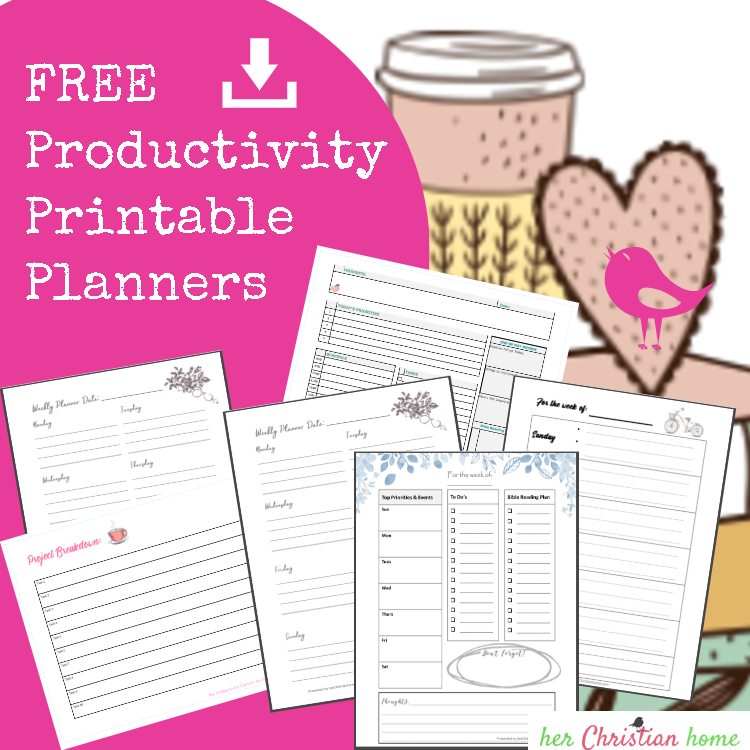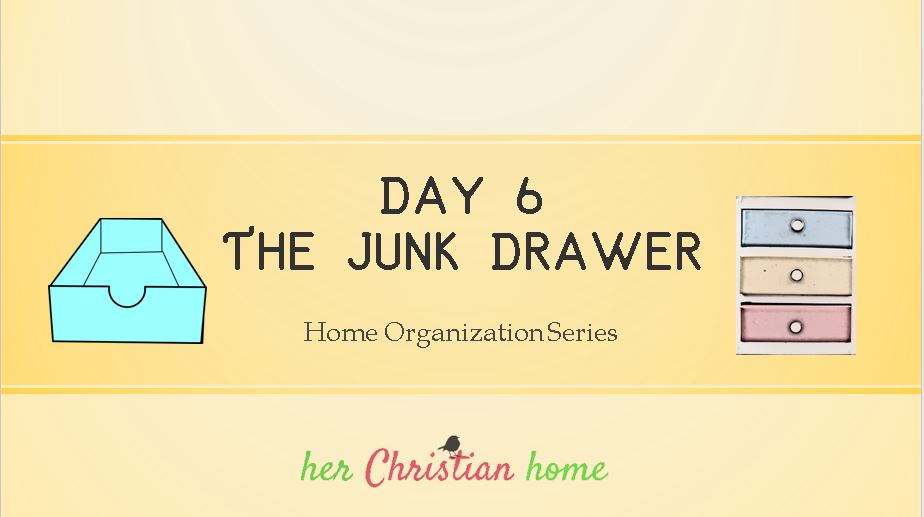What is the Definition of Clutter?
What is the Definition of CLUTTER?
Merriam-Webster’s Dictionary defines clutter as “a crowded or confused mass or collection.” Does this sound like your house? What about your office at work? Maybe in your car? Clutter follows you everywhere and if you have clutter in one place, more than likely, you have clutter in every place you come in contact with.
To begin, you don’t just need the basic definition of clutter from a dictionary; you need a valid list of things that are considered clutter. Once you have a clear idea of what clutter is, you can move on from there.
What is clutter in general? How do you know what clutter is to tackle the job of clearing it out?
* Items you love, but don’t really use or need
* Items you find, but are not sure what they are or where they belong (such as small toy pieces, buttons, etc)
* Anything unfinished
* Things too pretty to touch
* Piles of papers “to be filed”
* Items that we don’t use and don’t enjoy
* Anything that does not enhance your life
Do any of these ring a bell? Can you look around the place where you are sitting and see the clutter? You don’t have to be at home, it could be your car, your office at work, the backyard. If so, then it’s time to take action. The main course of action is to stop the clutter and stop it now before anymore is created.
STOPPING IT BEFORE IT GETS A CHANCE TO GROW
Everyone needs a starting point. Here is a list of things you can begin with to start and continue the process of becoming organized. The main point with becoming organized is to stop being disorganized right now and turn a new leaf. Start here.
* When the house gets too messy, do a ’10-minute tidy,’ where everyone in the family drops what they are doing and cleans for ten minutes.
* Divide your house into sections and then spend five minutes in each of those areas when the house is in disarray. Use a timer to keep you on track.
* To minimize the amount of time spent on errands, keep a running list of what tasks need to be done, then try to do them just one day a week.
* Prioritize what is bothering you the most. Once you have a list, you can go from there and figure out what to do first.
* Assign chores with job descriptions and alternate them among children each week. For example, one child can be assistant cook one week, and part of the clean up crew the next.
* Sort and recycle mail as soon as it arrives.
* Limit your laundry duties to one day a week.
* Have a basket for small items instead of having them here and there.
* Keep a basket in the living room for anything that needs to be put in another room at a later time. Empty the basket each night.
* When you purchase one item and bring it into the house, pick one item to leave the house either through the trashcan or the charity shop.]]>


